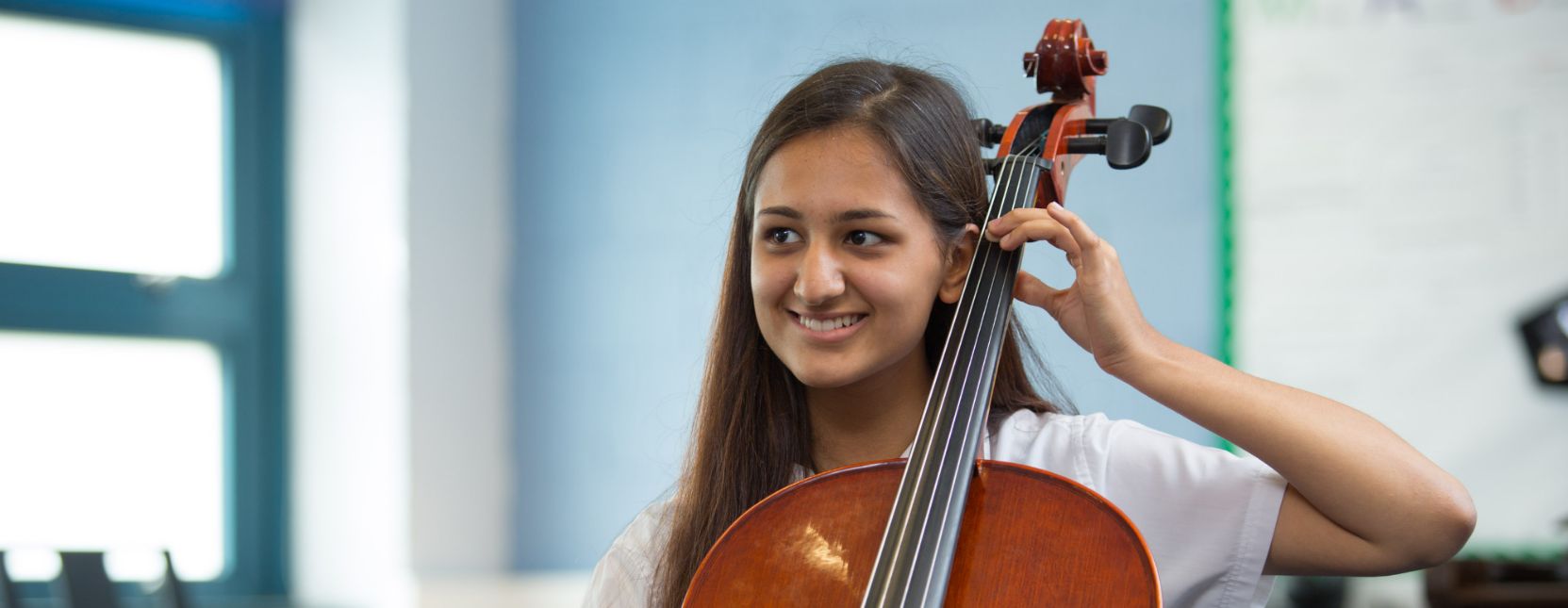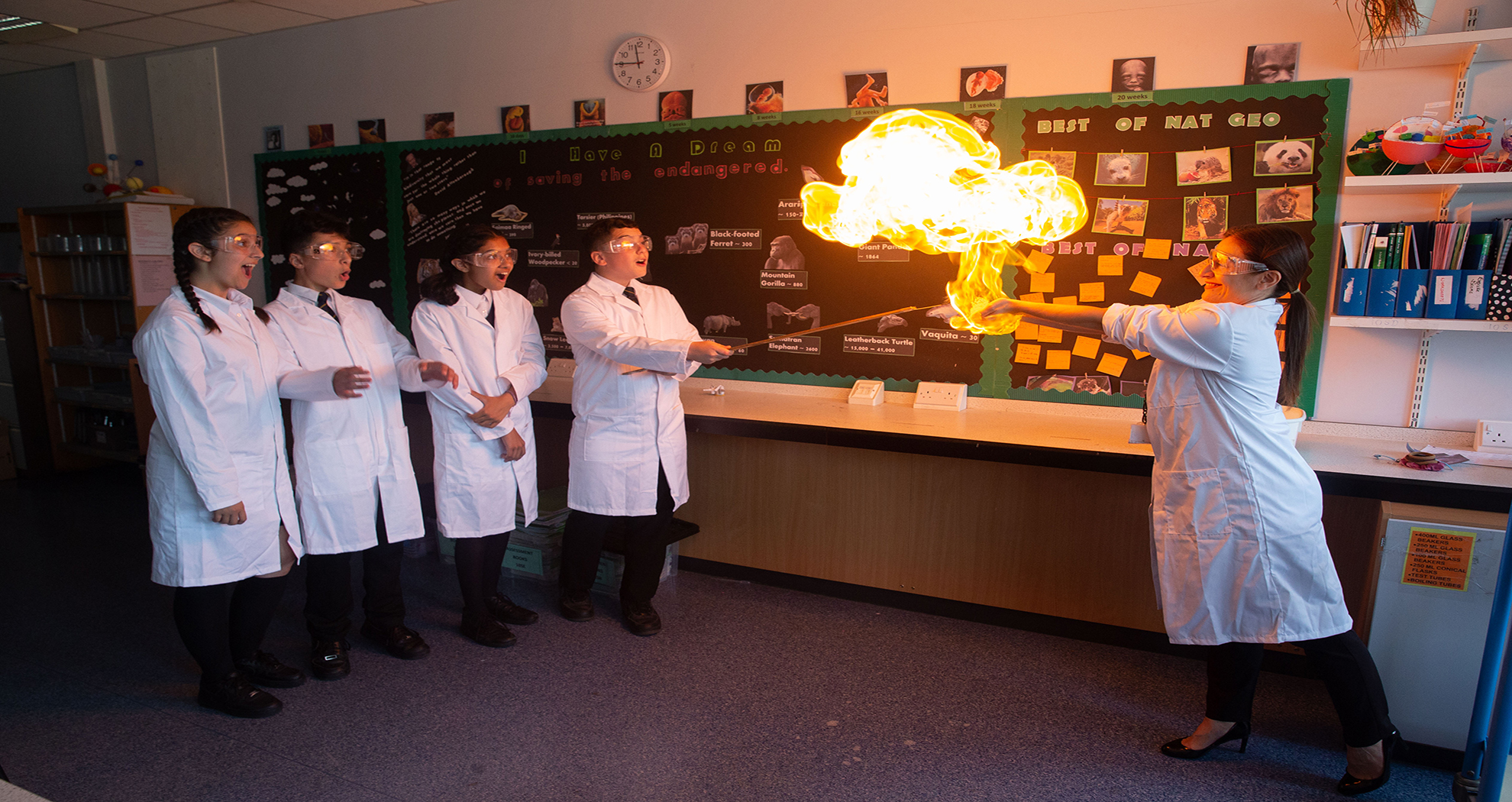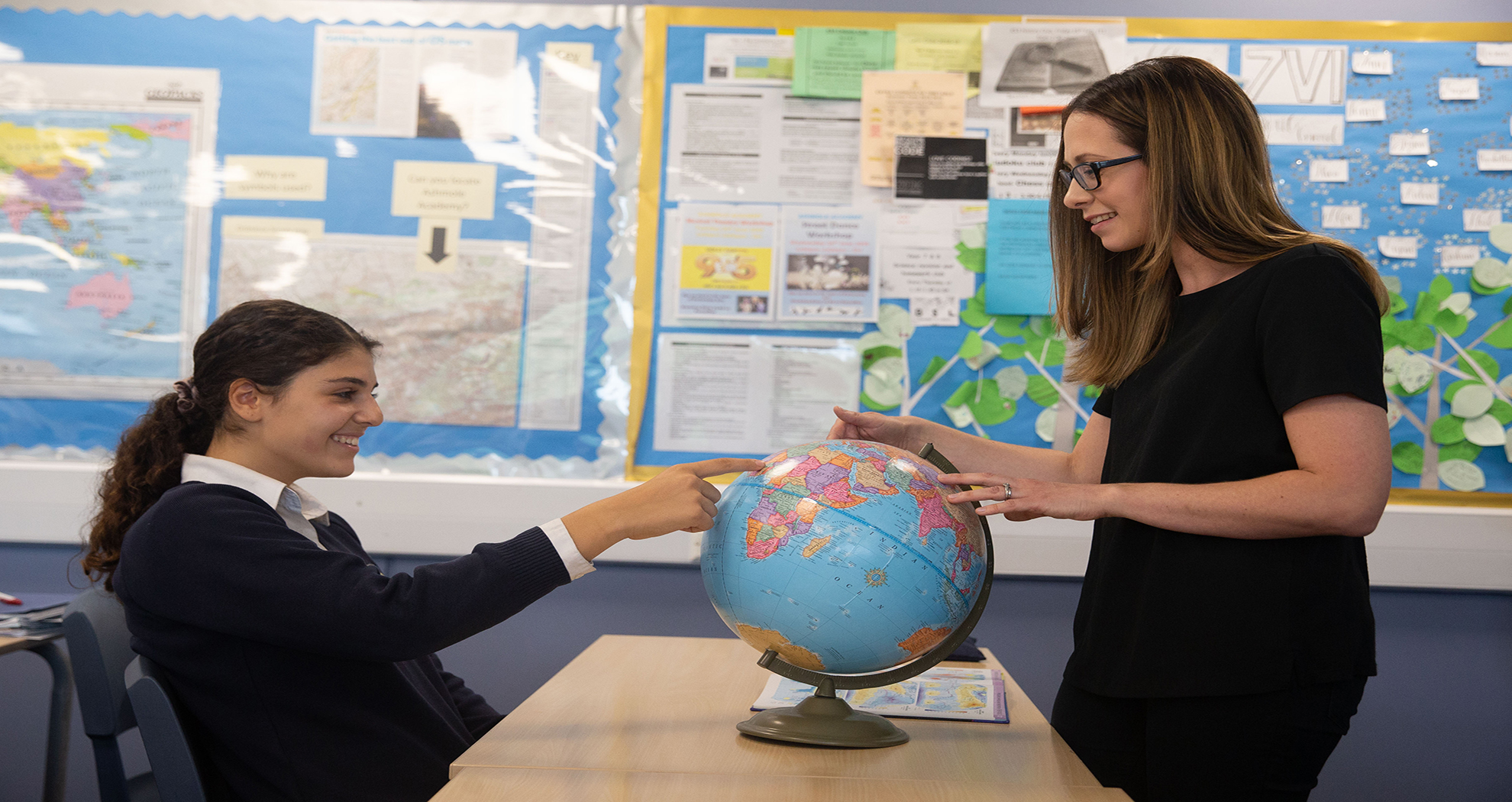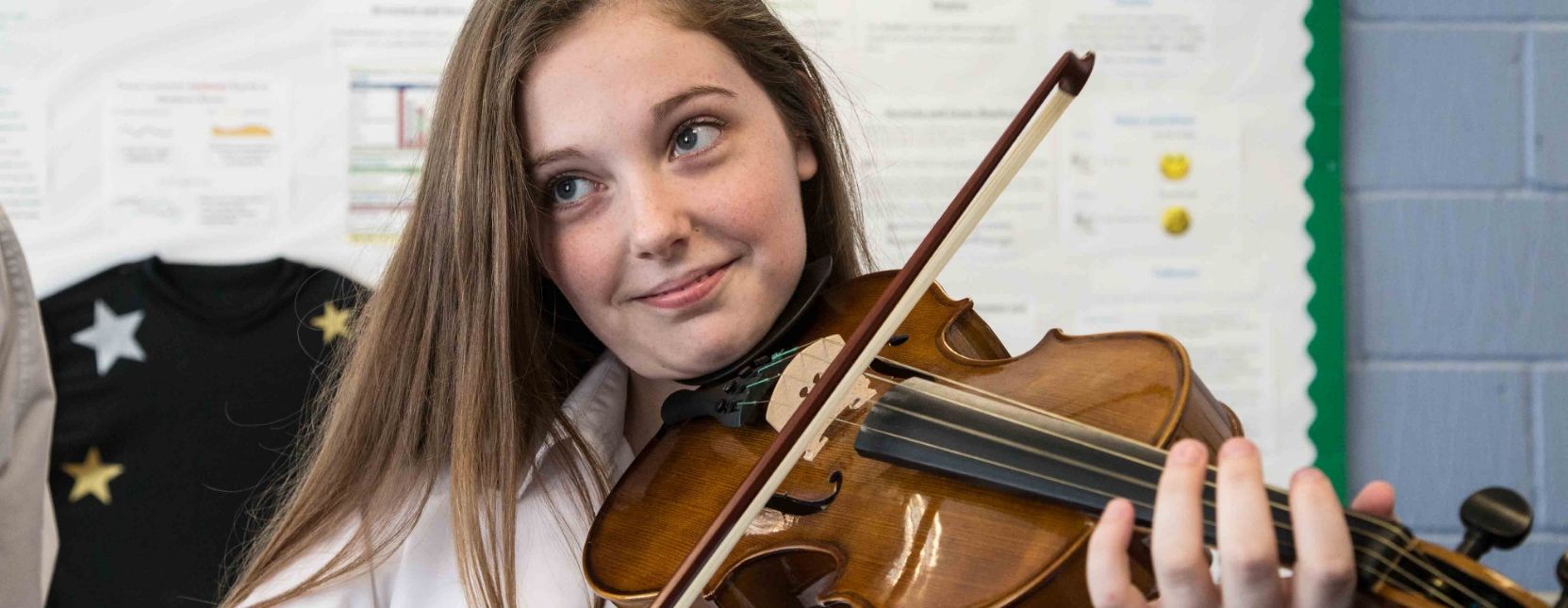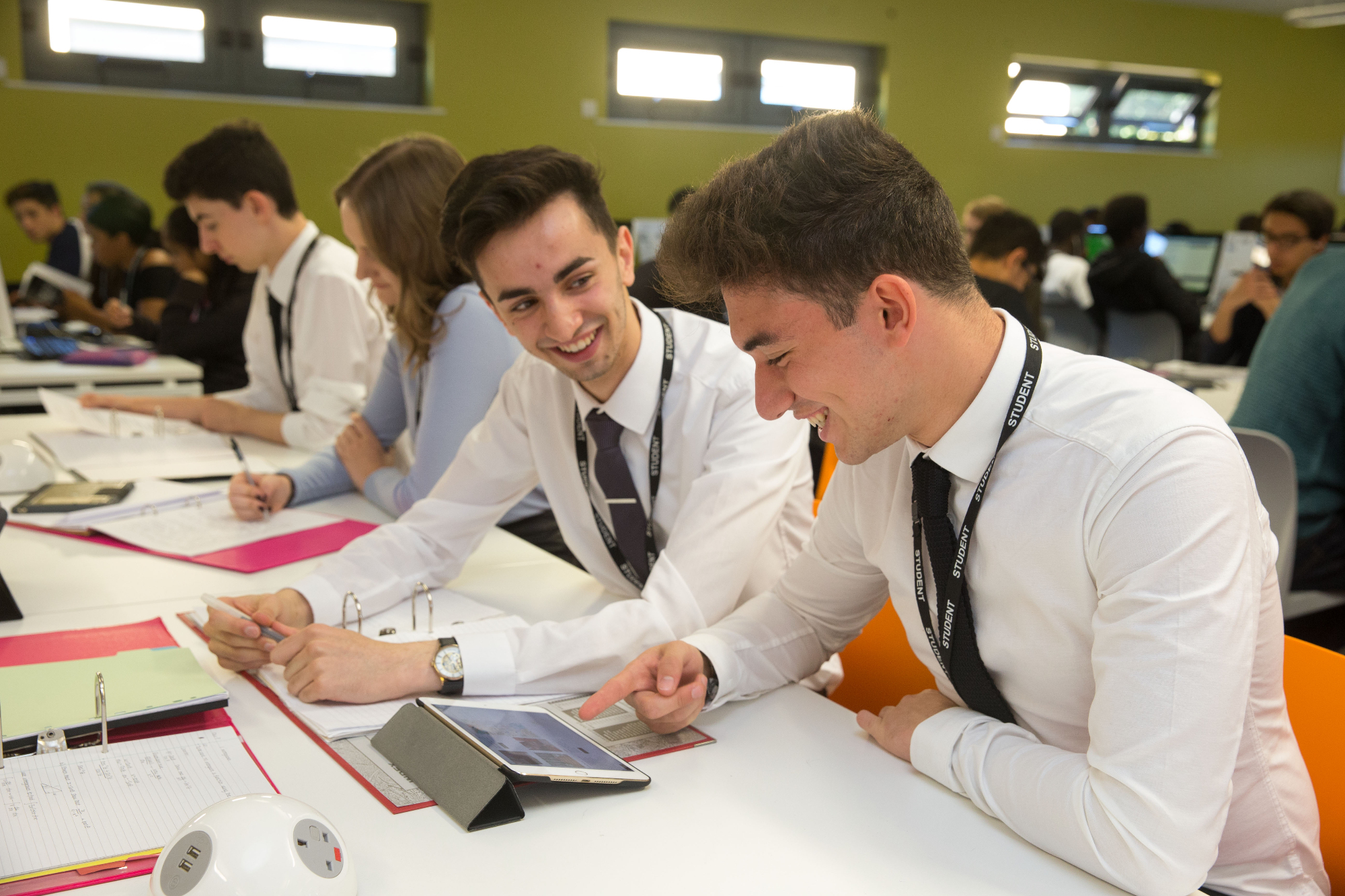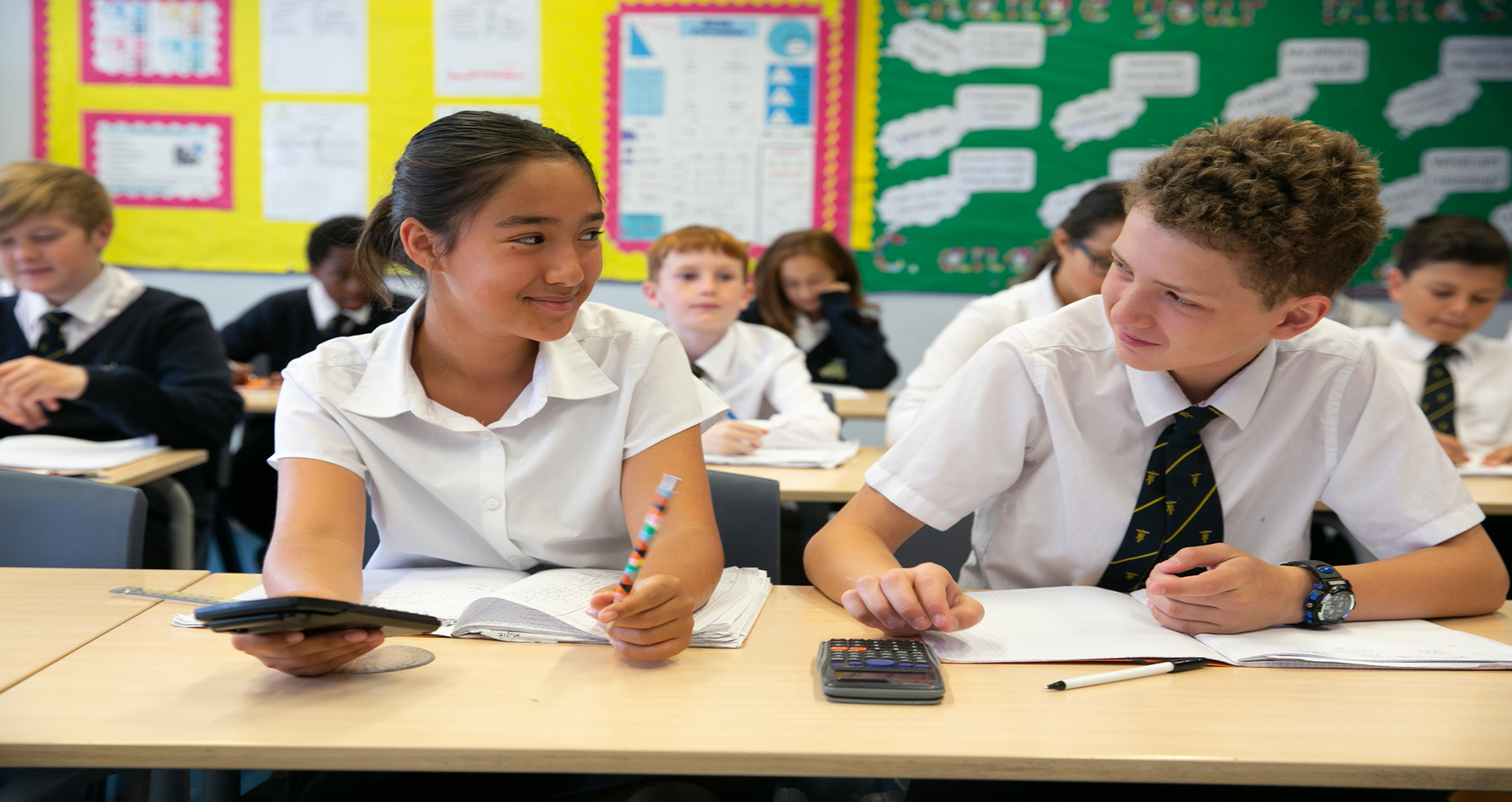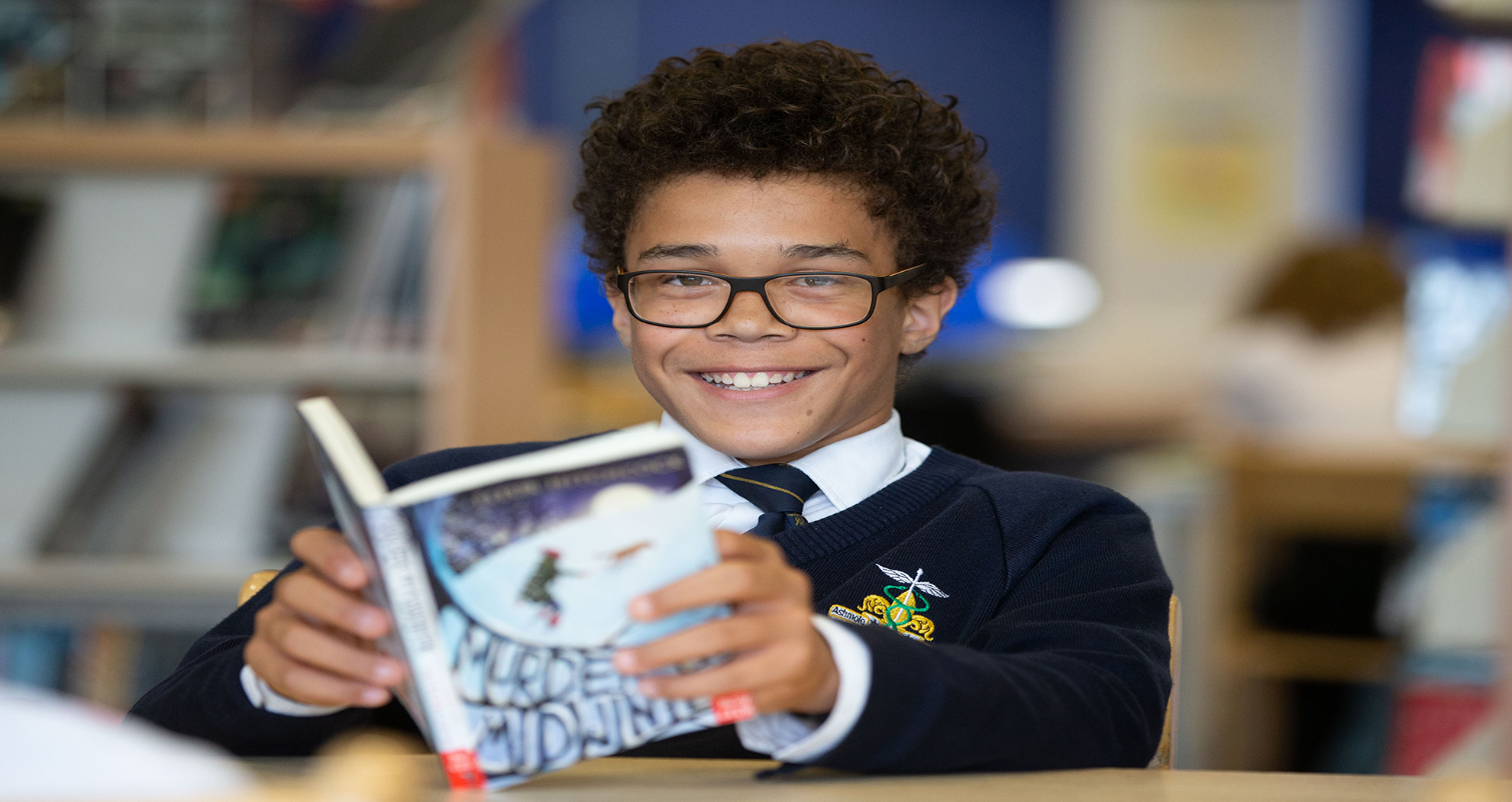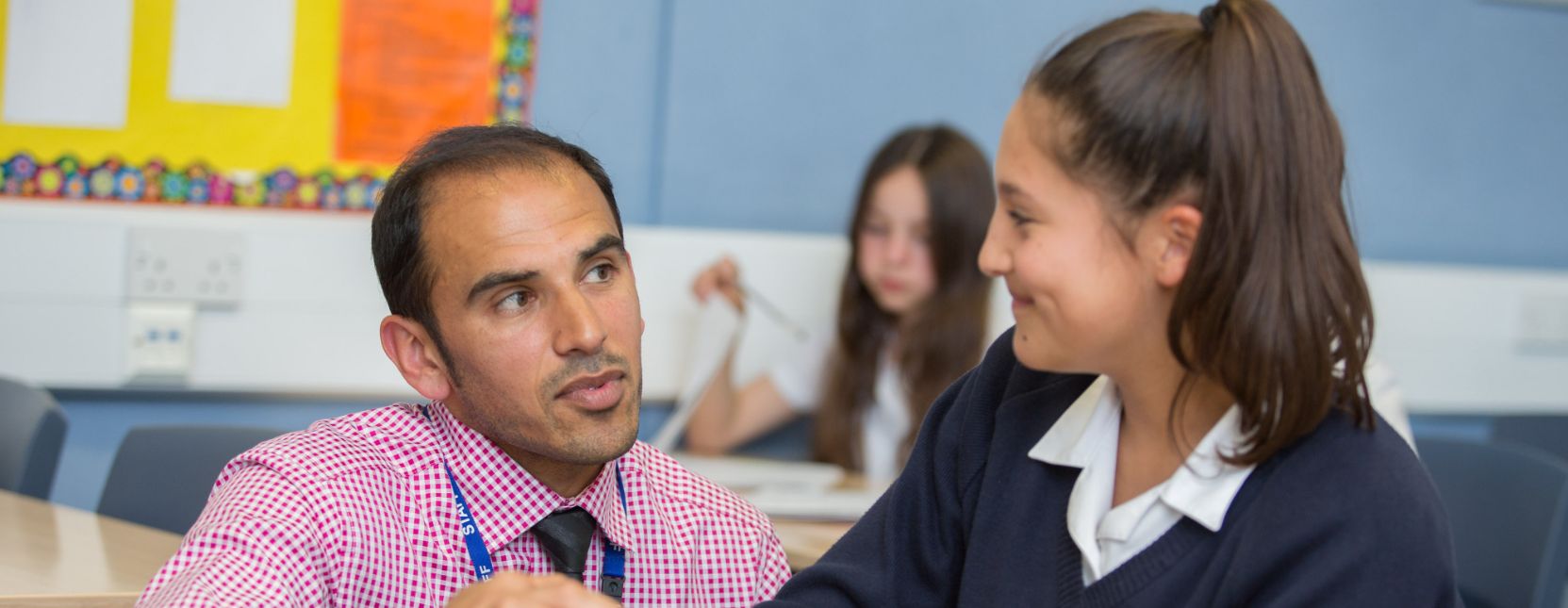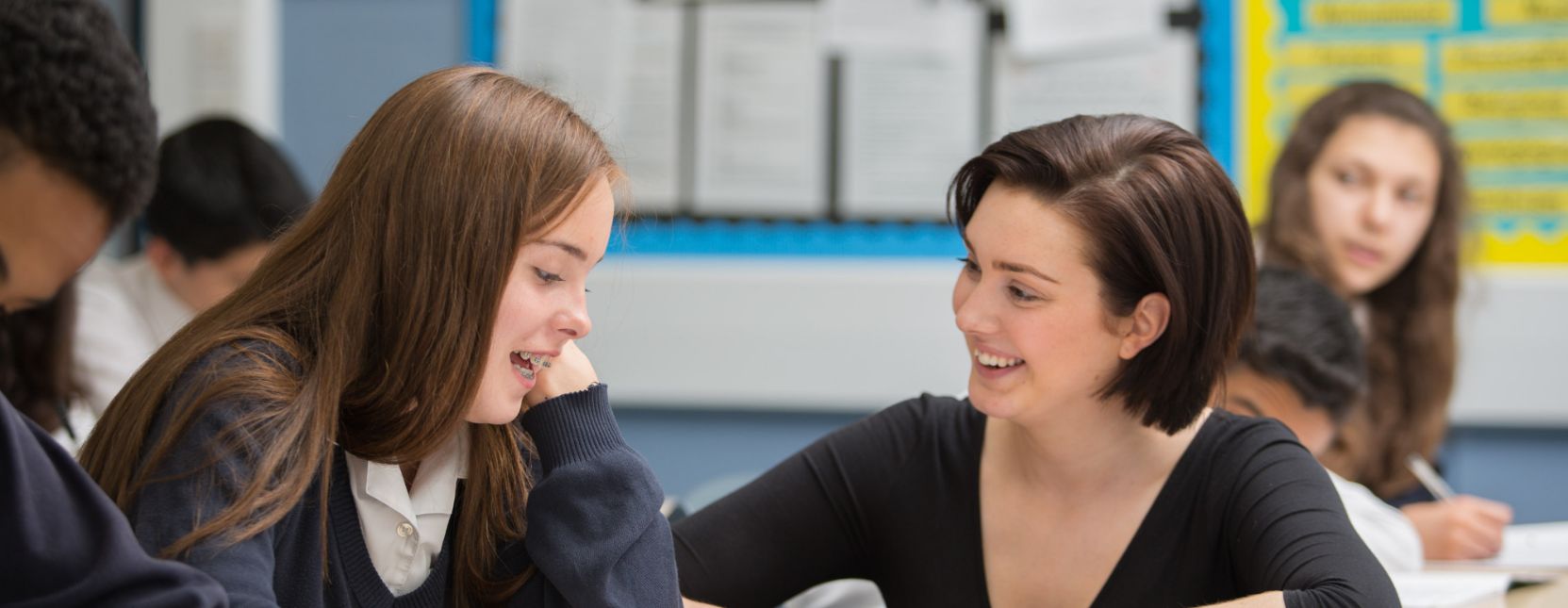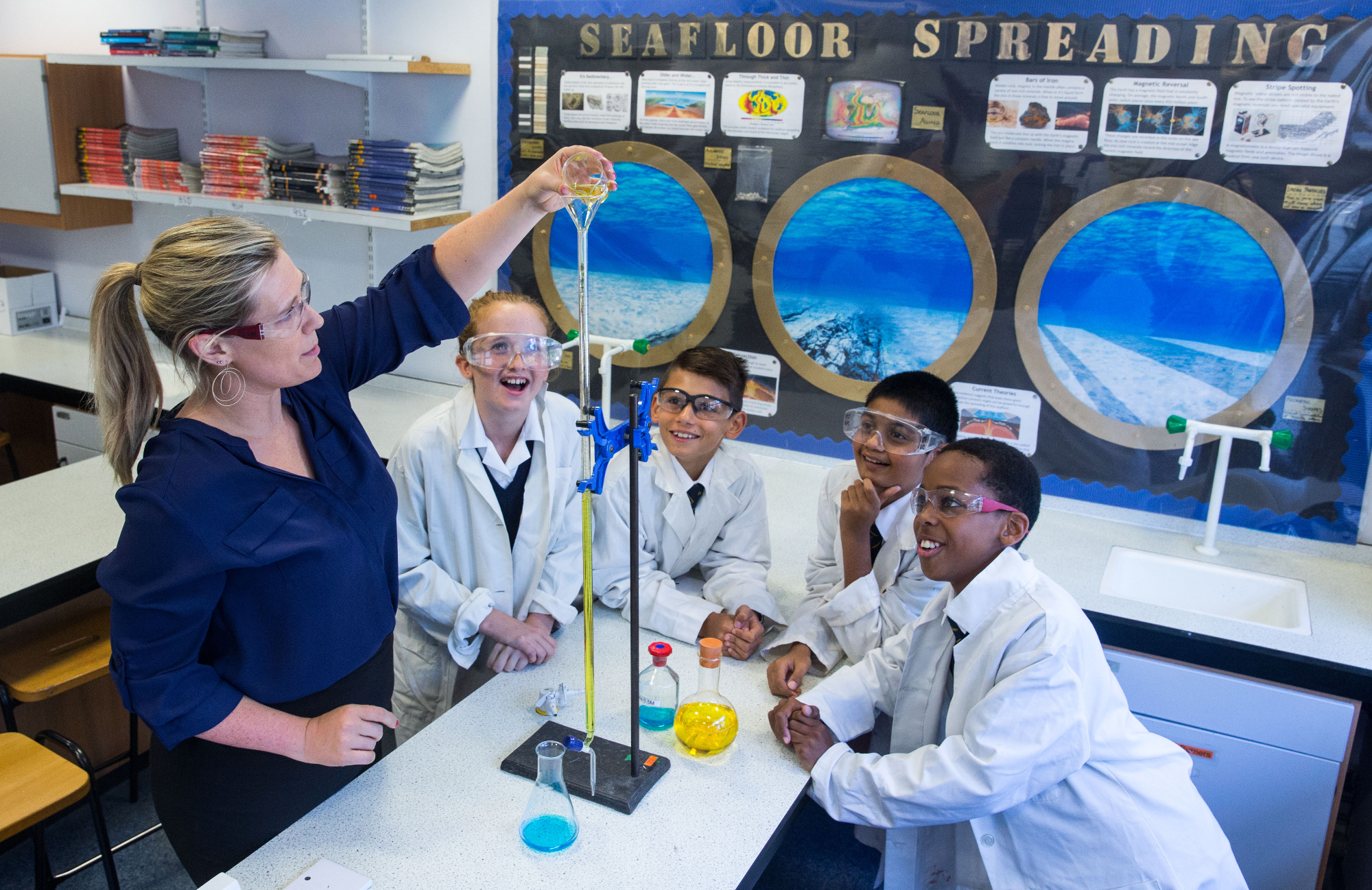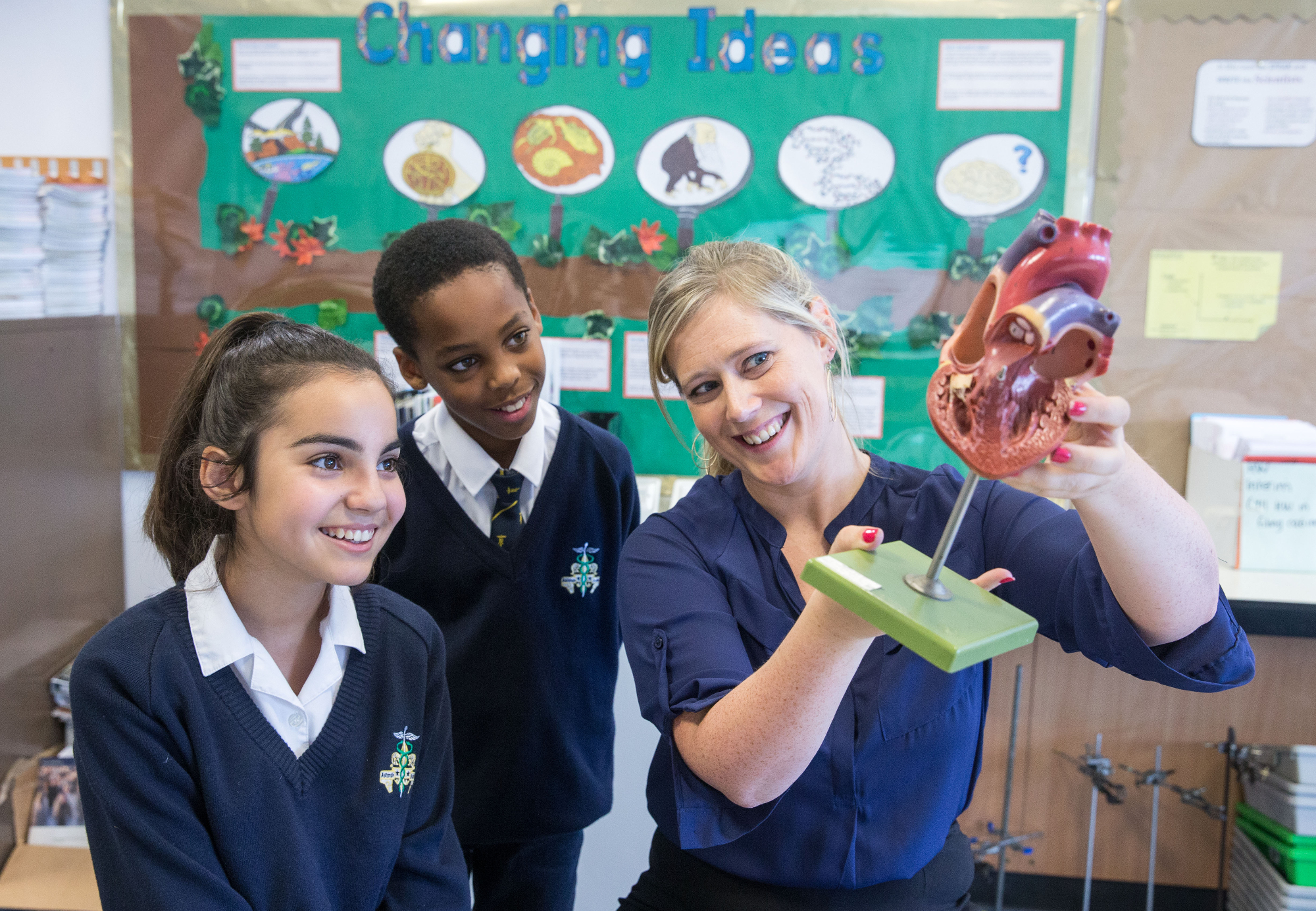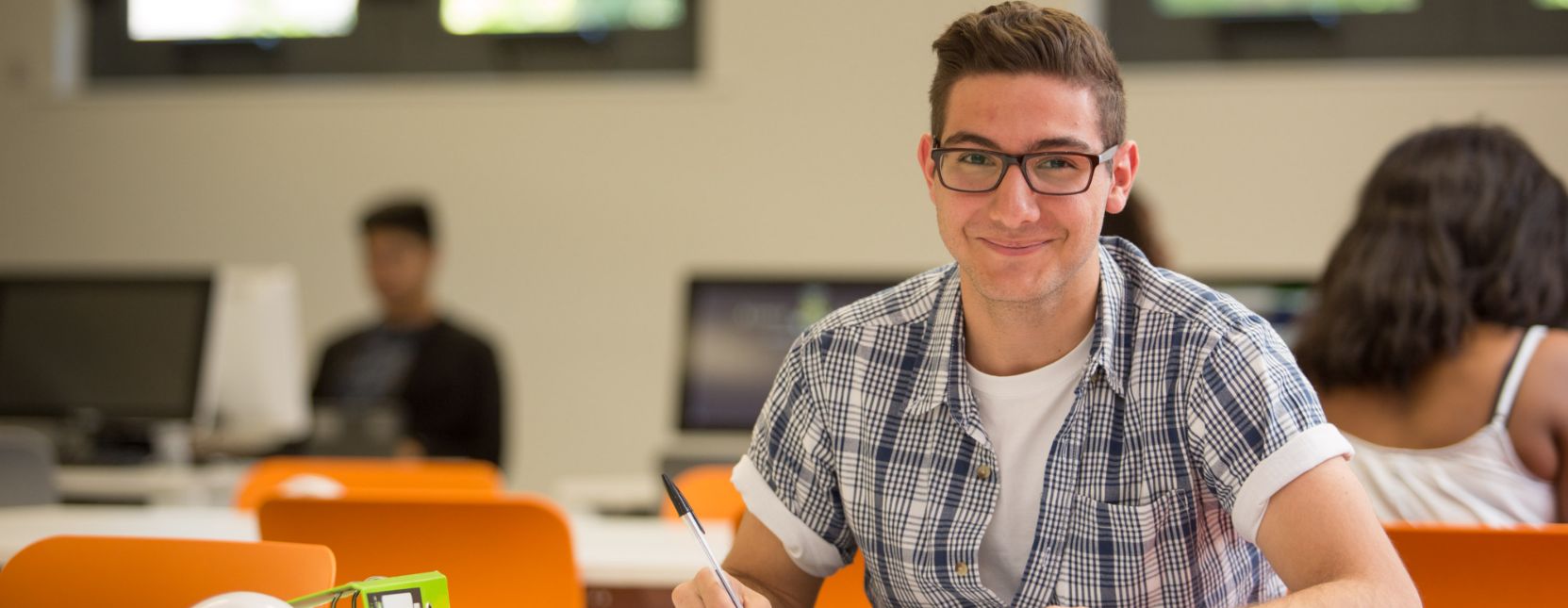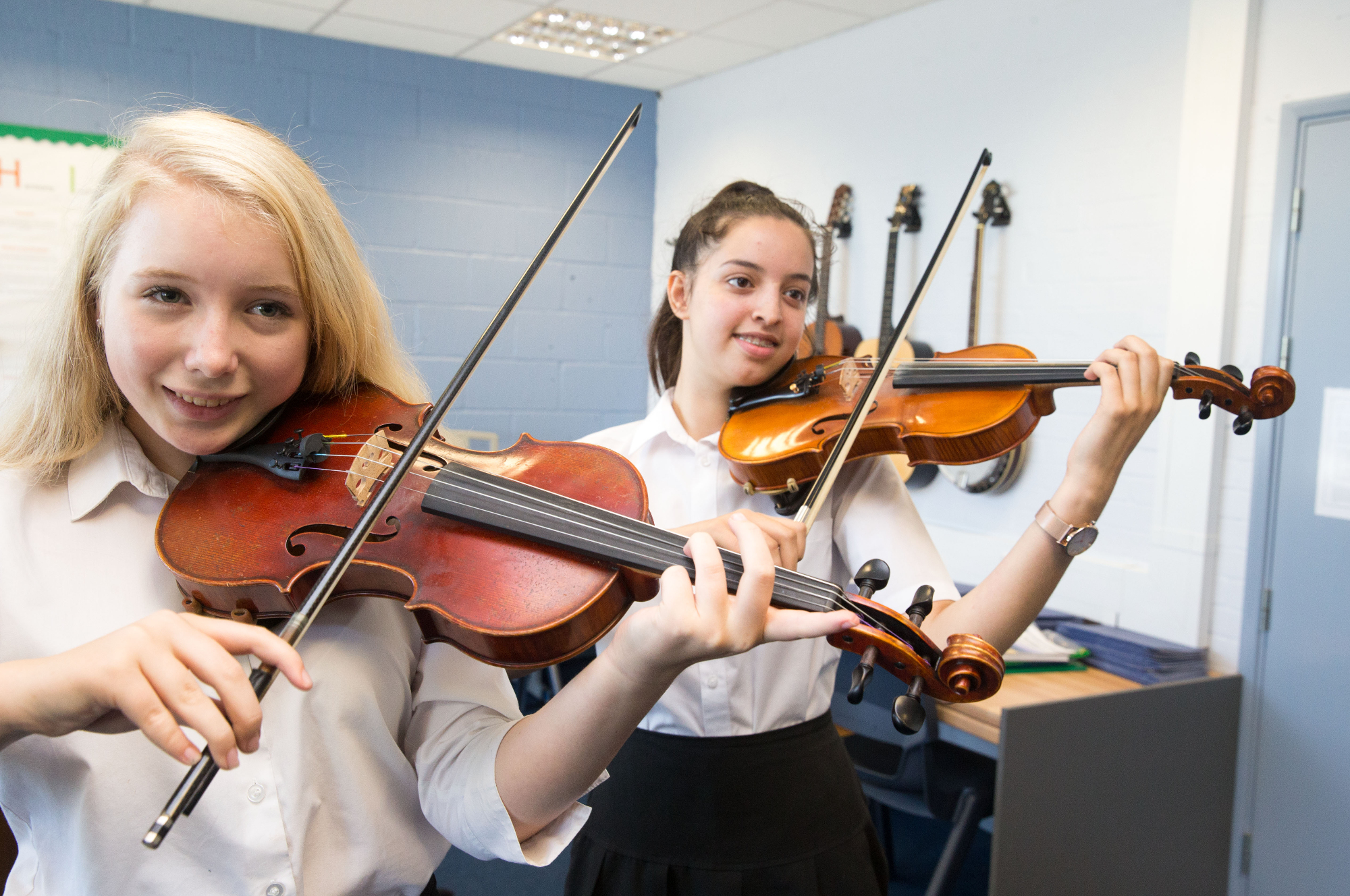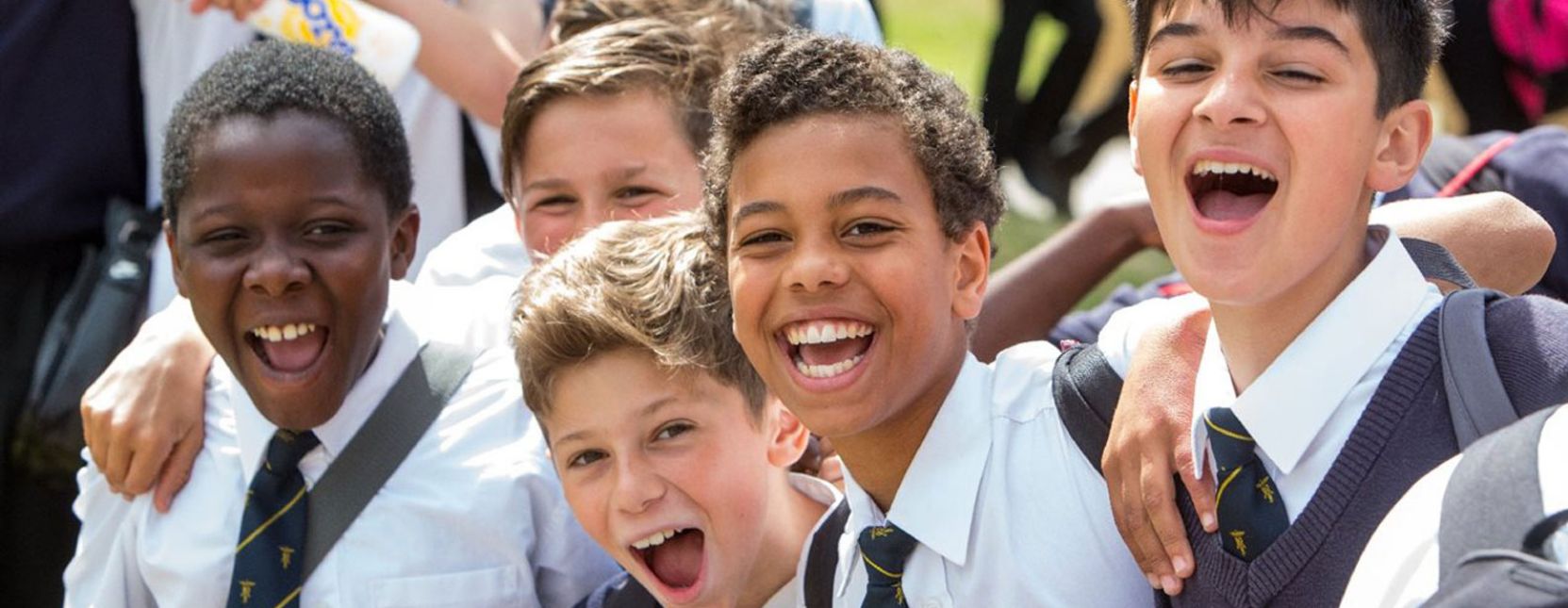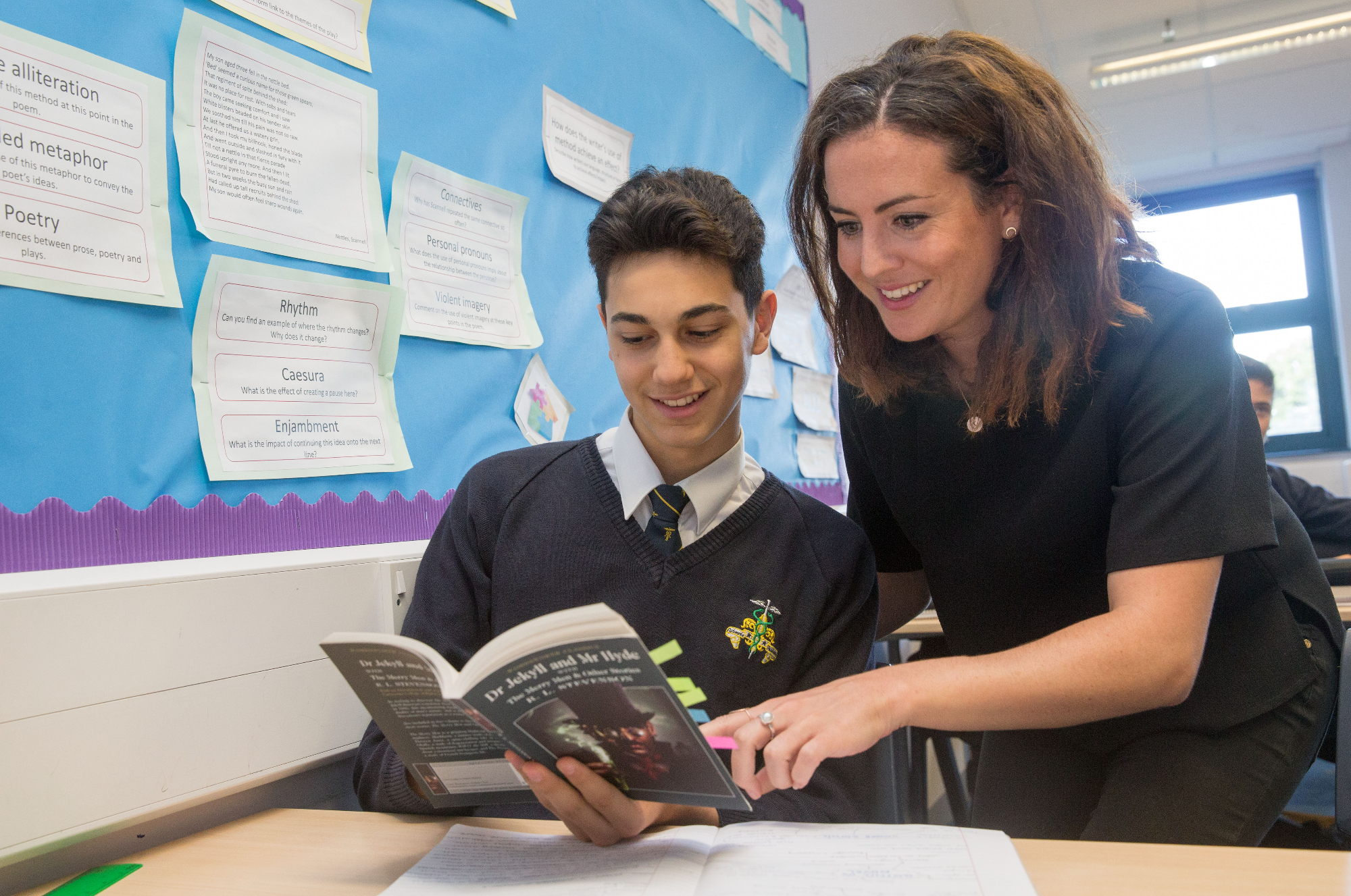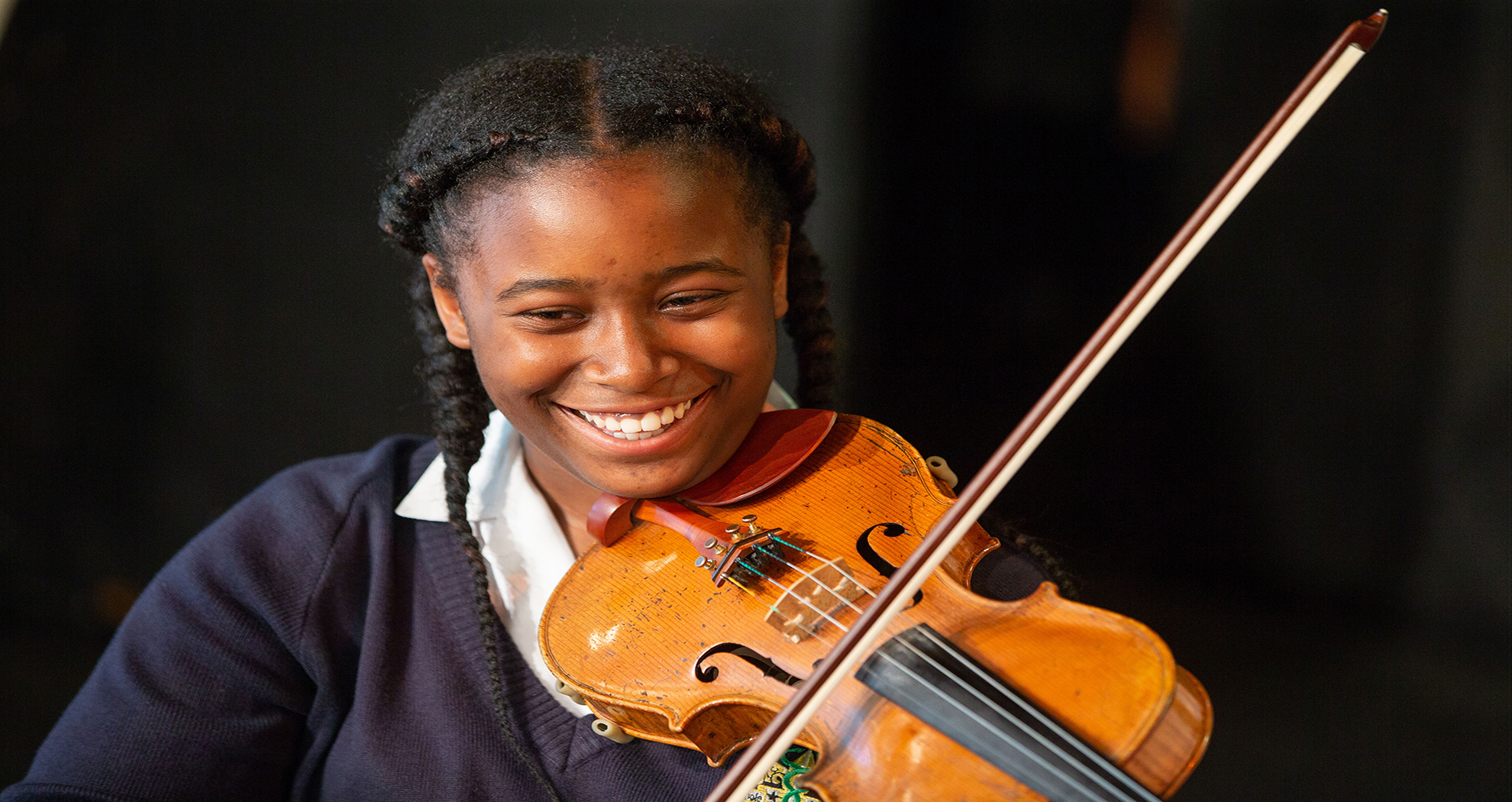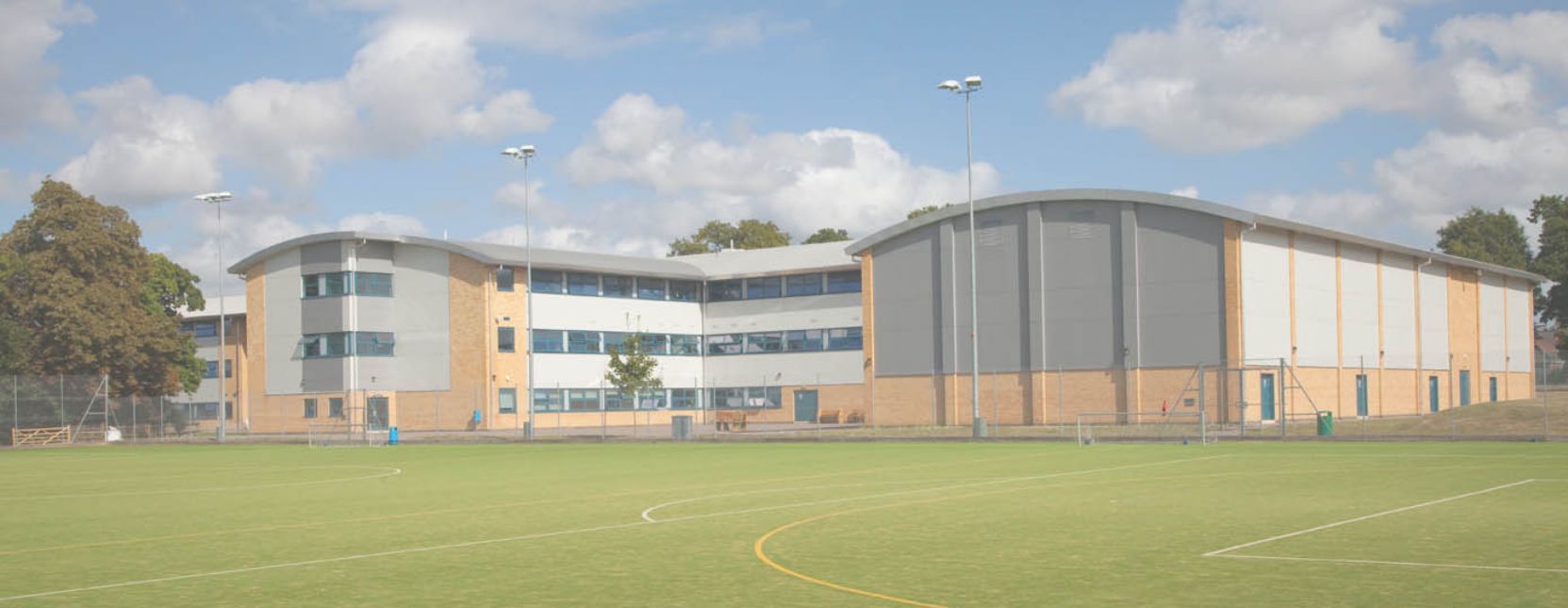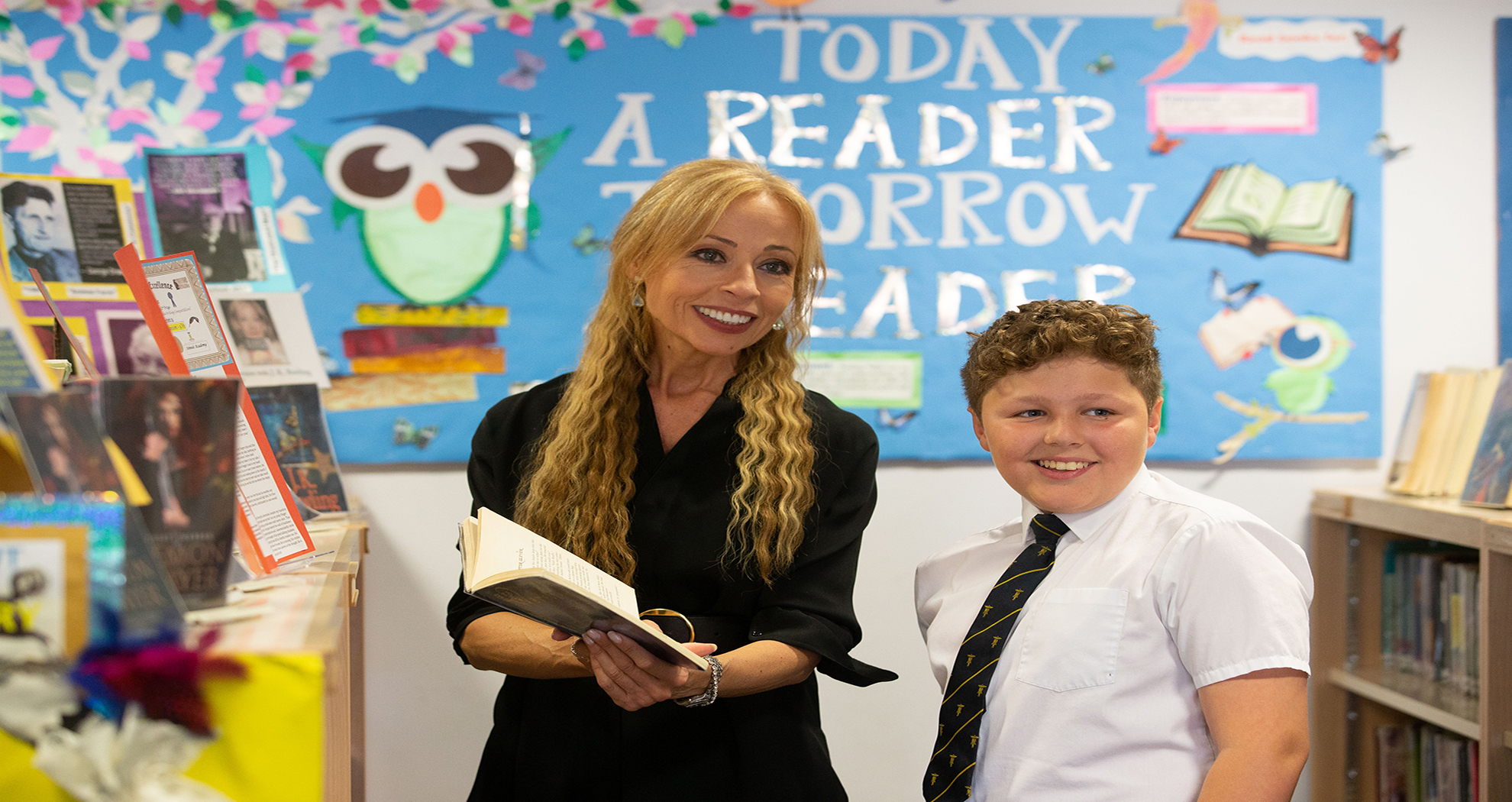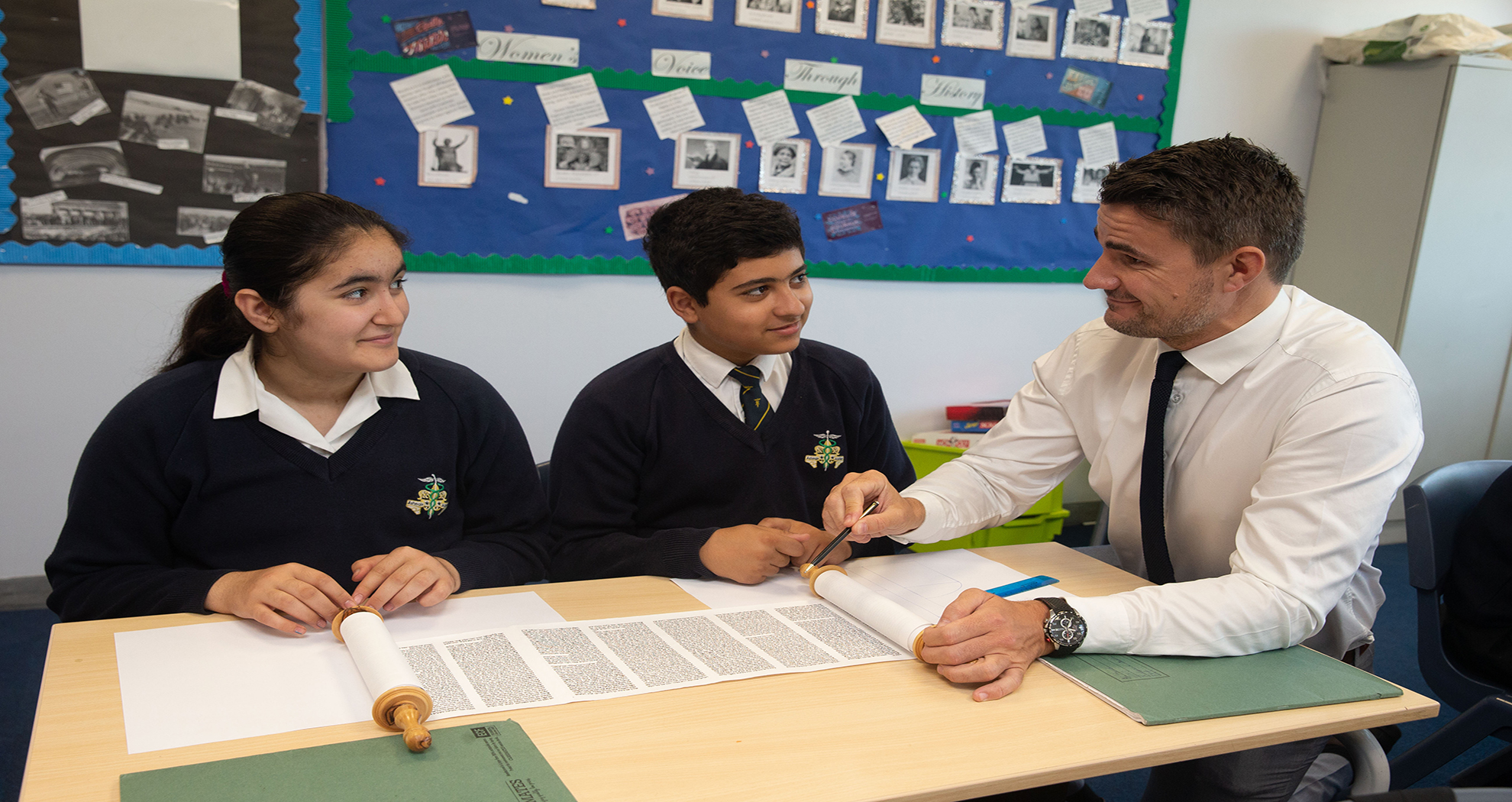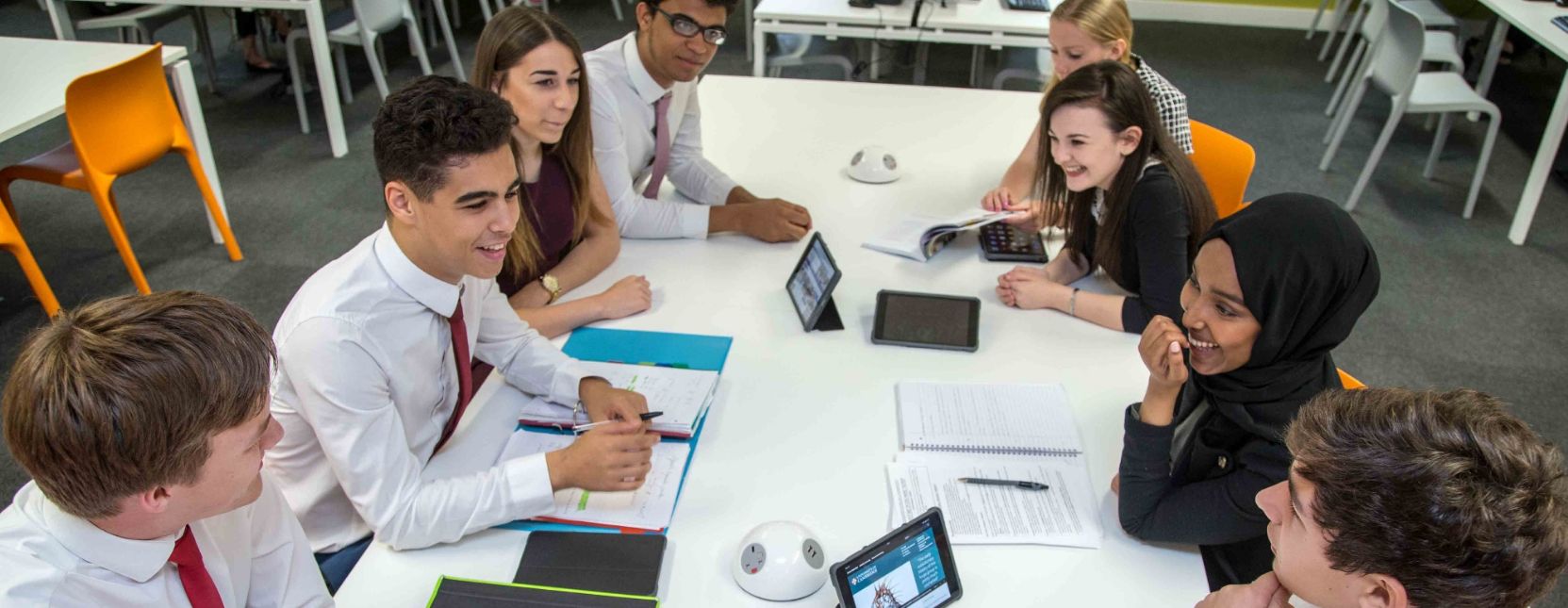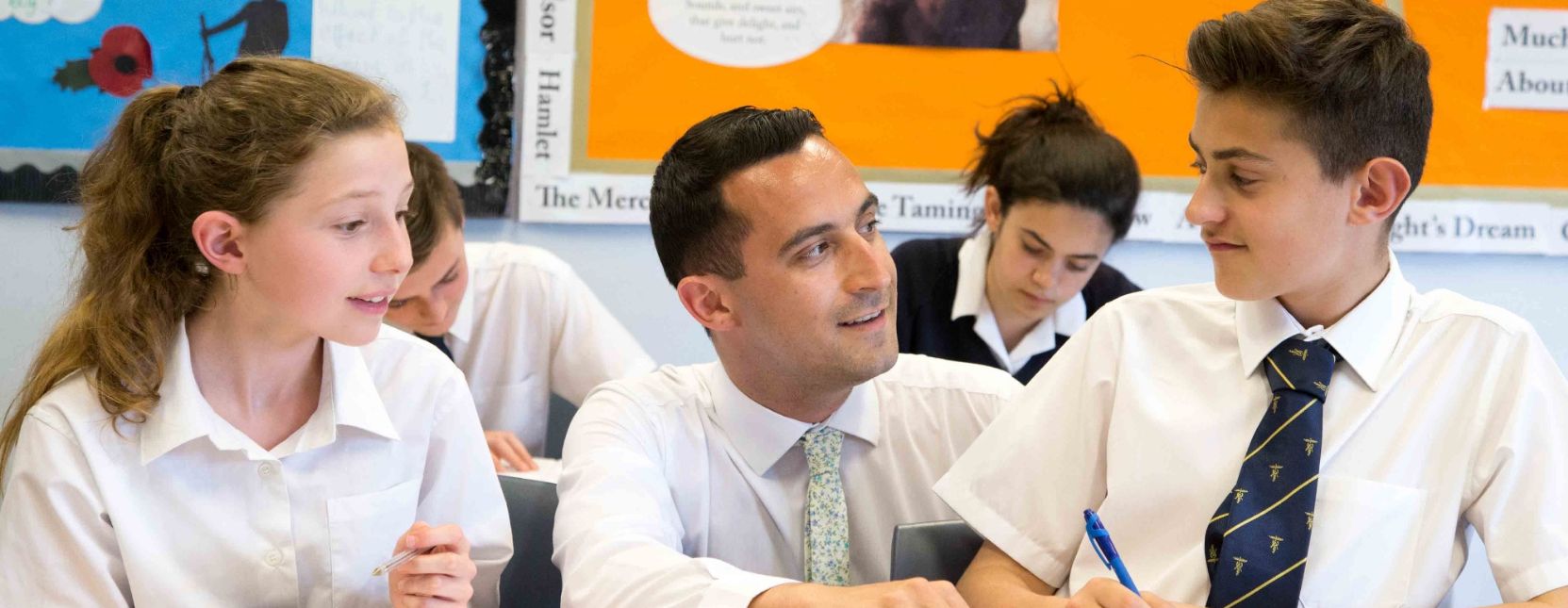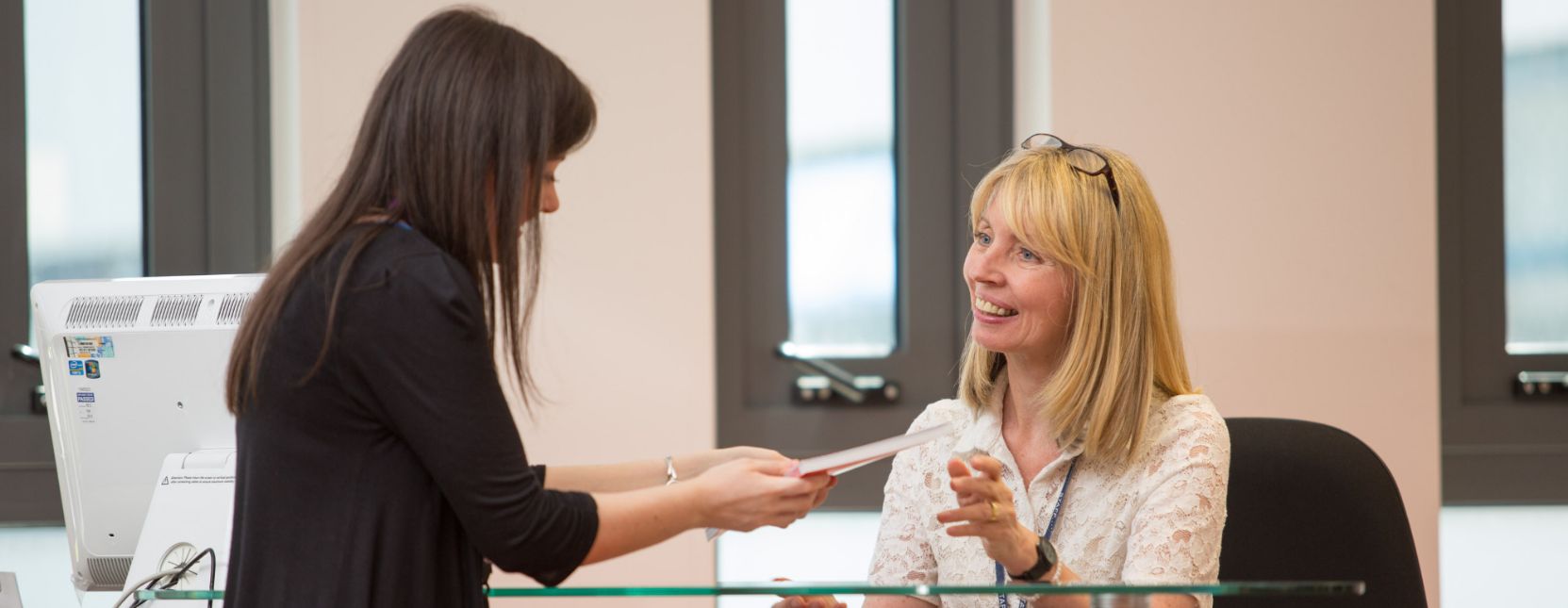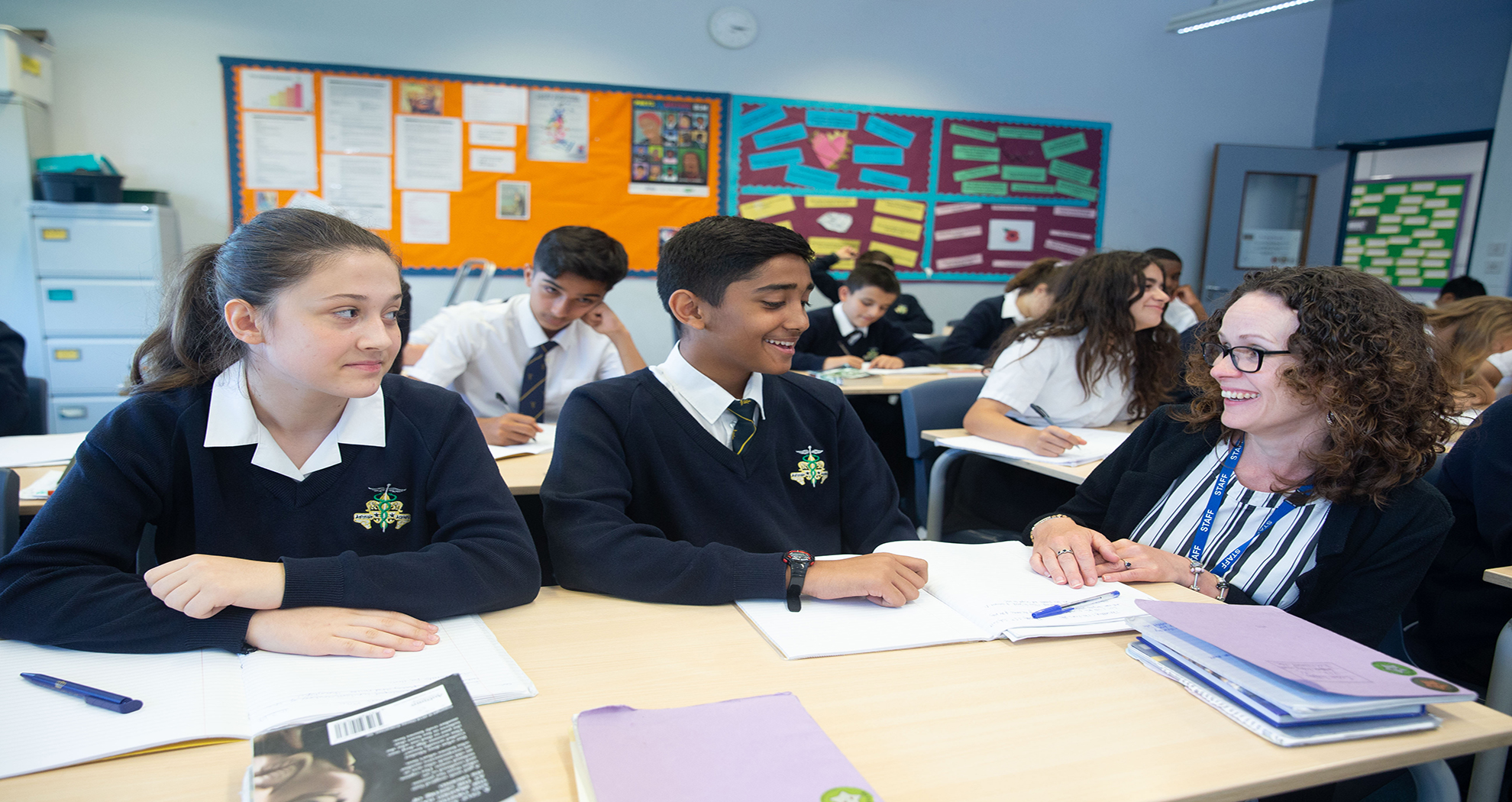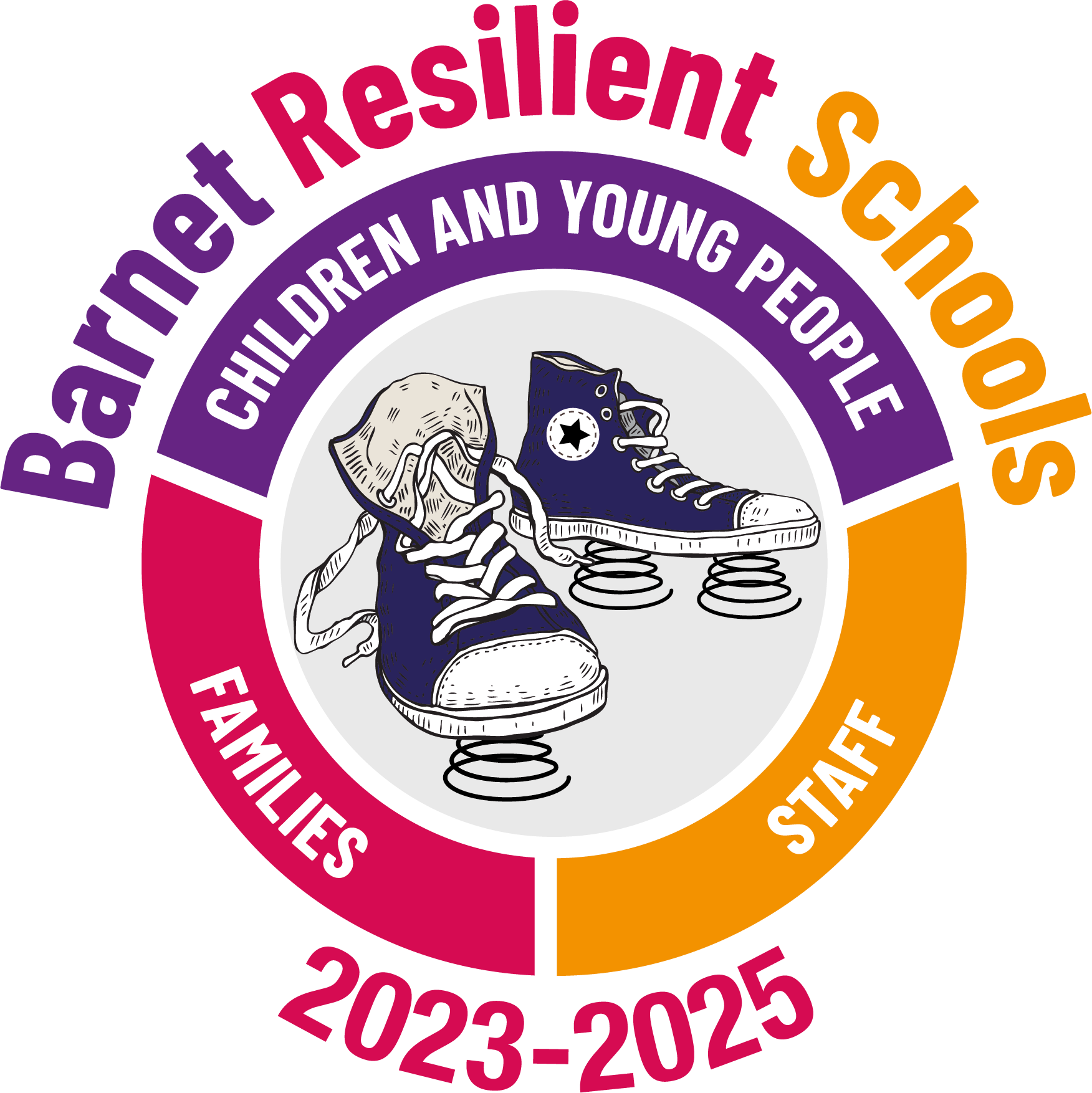Sociology
Curriculum
Sociology is the study of society. It helps students to understand why society works in the way that it does and the extent to which our behaviour and opportunities can be shaped by our social class, age, gender, ethnicity and race. Sociology allows students to analyse the society in which we live and encourages young people to question the relationship between individuals and institutions. Students focus on Education, Crime and Deviance, Families and Households and Mass Media. The course is extremely contemporary and relevant to their lives.
Students examine and assess the research methods used when studying behaviours and thus develop their ability to analyse and evaluate evidence. Sociology is only offered in the Sixth Form at A Level. Along with the study of institutions and their functions, students also study research methods and their appropriateness for investigating different people and aspects within society.
Throughout the course, students will ponder questions such as ‘why people commit crime’, ‘whether there is an ideal family structure’ and try to determine ‘what the reasons are for differences in the performances of pupils from different backgrounds’. They will also examine the role and functions of institutions in our society through the perspective of Functionalism, Marxism, Feminism and Postmodernism.
The Sociology Curriculum at Ashmole Academy is underpinned by five subject specific curriculum pillars:
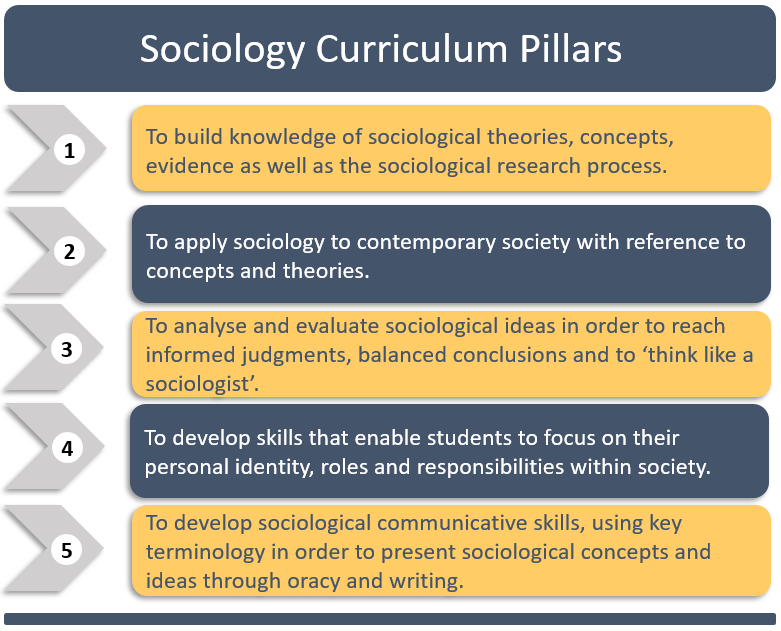
These pillars allow the students to understand the key purposes of studying Sociology. They focus on the skills and knowledge that will be developed over the two years.
The pillars are referred to in every lesson, enabling students to link new learning to what they already know and can do.
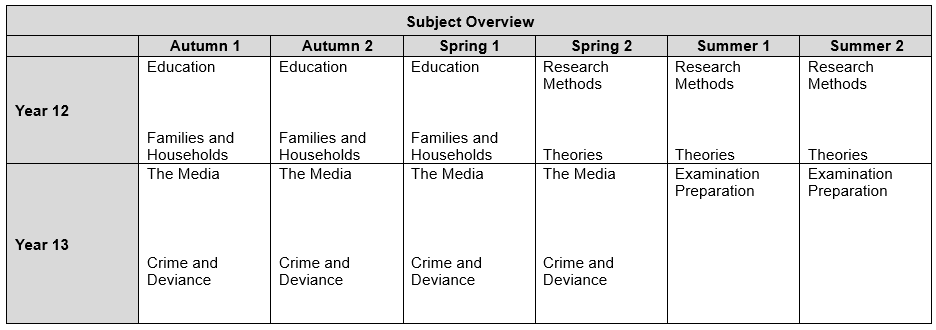
Extra-curricular
The department facilitates student-led debate clubs including Feminist Society which both applies and builds on content covered across the course and Debate Club which often touches upon socio-political content. Pupils are also given the chance to conduct their own project as part of a competition that will allow them to better understand the research process.

